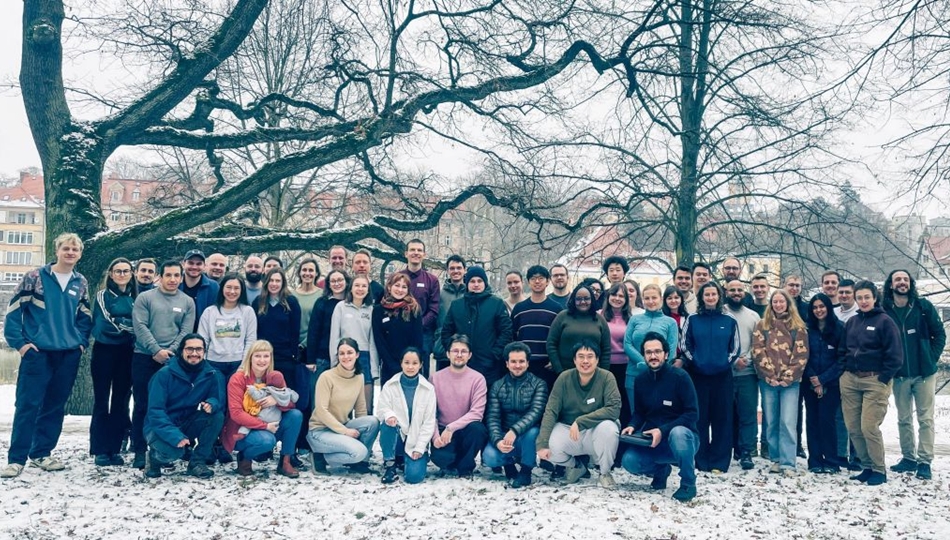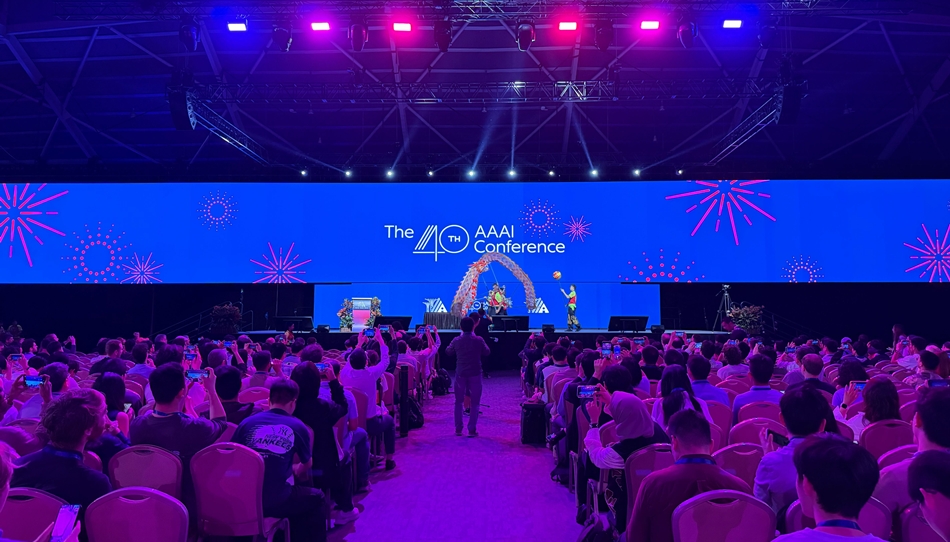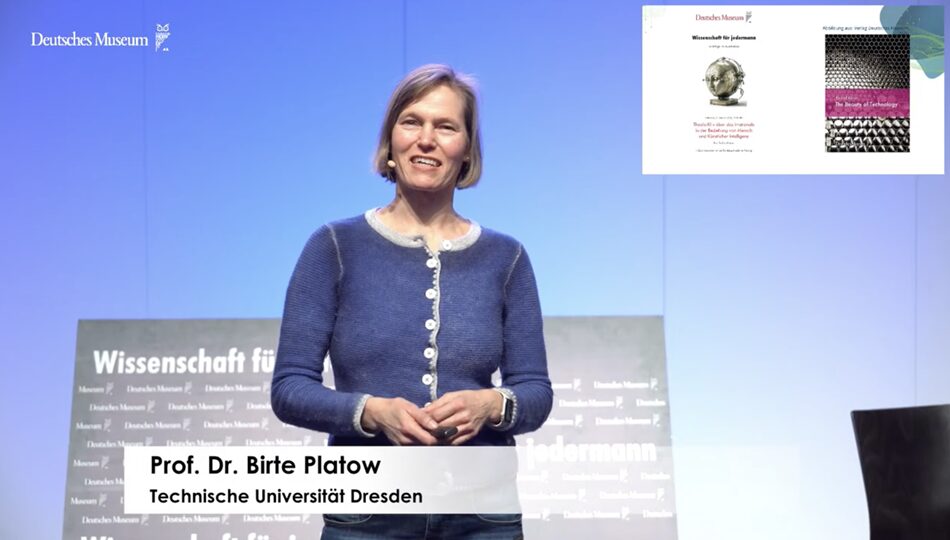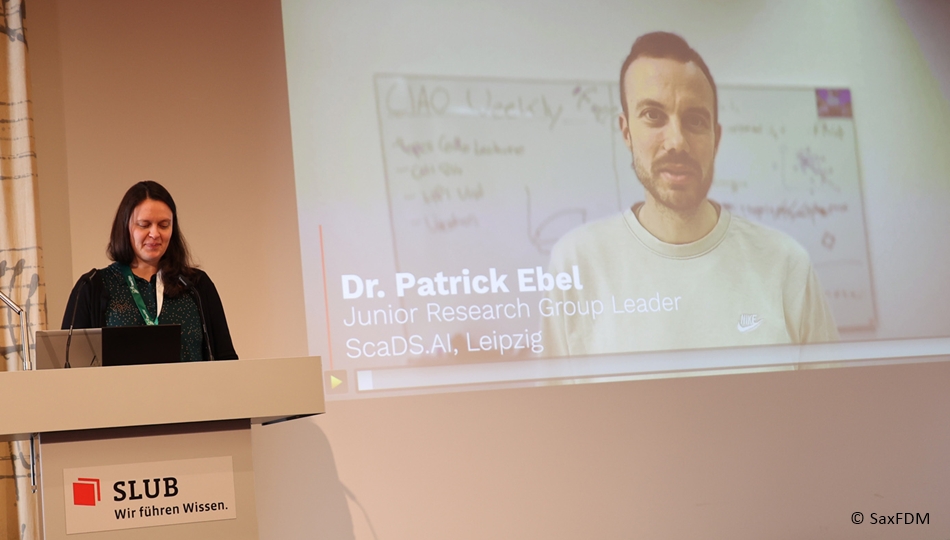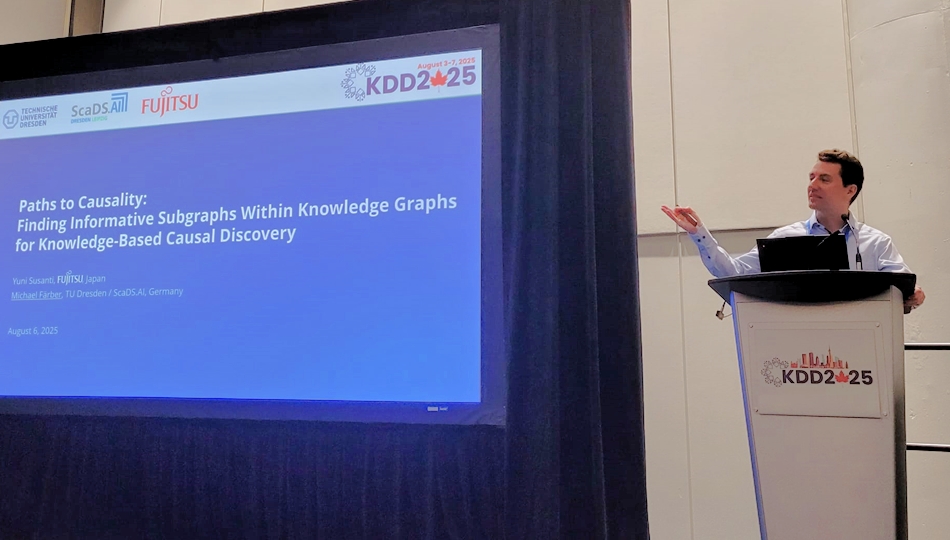
August 15, 2025
KDD 2025 in Toronto, Canada

After an inspiring conference week at ACL 2025 in Vienna, Prof. Michael Färber, professor for Scalable Software Architectures for Data Analytics, traveled to Canada to present two papers at the ACM SIGKDD Conference on Knowledge Discovery and Data Mining (KDD 2025) – one of the most prestigious international conferences in data science. This marked his first time attending KDD as a speaker. KDD 2025 took place from August 3–7, 2025 in Toronto, Canada.
Presentations at KDD 2025
Paths to Causality: Finding Informative Subgraphs within Knowledge Graphs for Knowledge-Based Causal Discovery
The paper introduces a method for identifying informative subgraphs in knowledge graphs that support or refute potential causal relations. By focusing on semantically rich and interpretable graph structures, the approach enables transparent, knowledge-grounded causal discovery – bridging statistical methods with structured domain knowledge.
- Authors: Yuni Susanti and Michael Färber
- Track: Research
- Paper: https://arxiv.org/abs/2506.08771
Explainable LiDAR 3D Point Cloud Segmentation and Clustering for Detecting Airplane-Generated Wind Turbulence
This work presents an explainable pipeline for segmenting and clustering 3D LiDAR point clouds to detect airplane-generated wind turbulence near airports. The method not only identifies turbulence patterns but also provides human-interpretable explanations for each detection, supporting safety-critical decision-making in airport operations.
- Authors: Zhan Qu, Shuzhou Yuan, Michael Färber, Marius Brennfleck, Niklas Wartha, and Anton Stephan
- Track: Applied Data Science
- Paper: https://arxiv.org/abs/2503.00518
KDD 2025 Highlights and AI Trends for Researchers
KDD 2025 confirmed several clear trends shaping AI research. Generative models, multimodal AI, and retrieval-augmented generation (RAG) were dominant topics, reflecting the shift toward adaptable, domain-specific applications. There was a strong emphasis on trustworthy and explainable AI, AI for science, and health-focused AI systems. Workshops and panels also highlighted emerging areas such as AI-ready data ecosystems, responsible AI, and new industrial applications in fields like finance and supply chain management.
Conference Impressions and Networking
KDD 2025 provided an excellent platform for exchanging ideas on knowledge graphs, causality, and trustworthy AI. Prof. Färber met with Yunpu Ma (LMU Munich) and Prof. Jeff Z. Pan (University of Edinburgh) – both of whom provided valuable discussions and also contributed photos from the event. Toronto was a welcoming host city, offering the chance to reconnect with our former colleague Jin Zhang.

